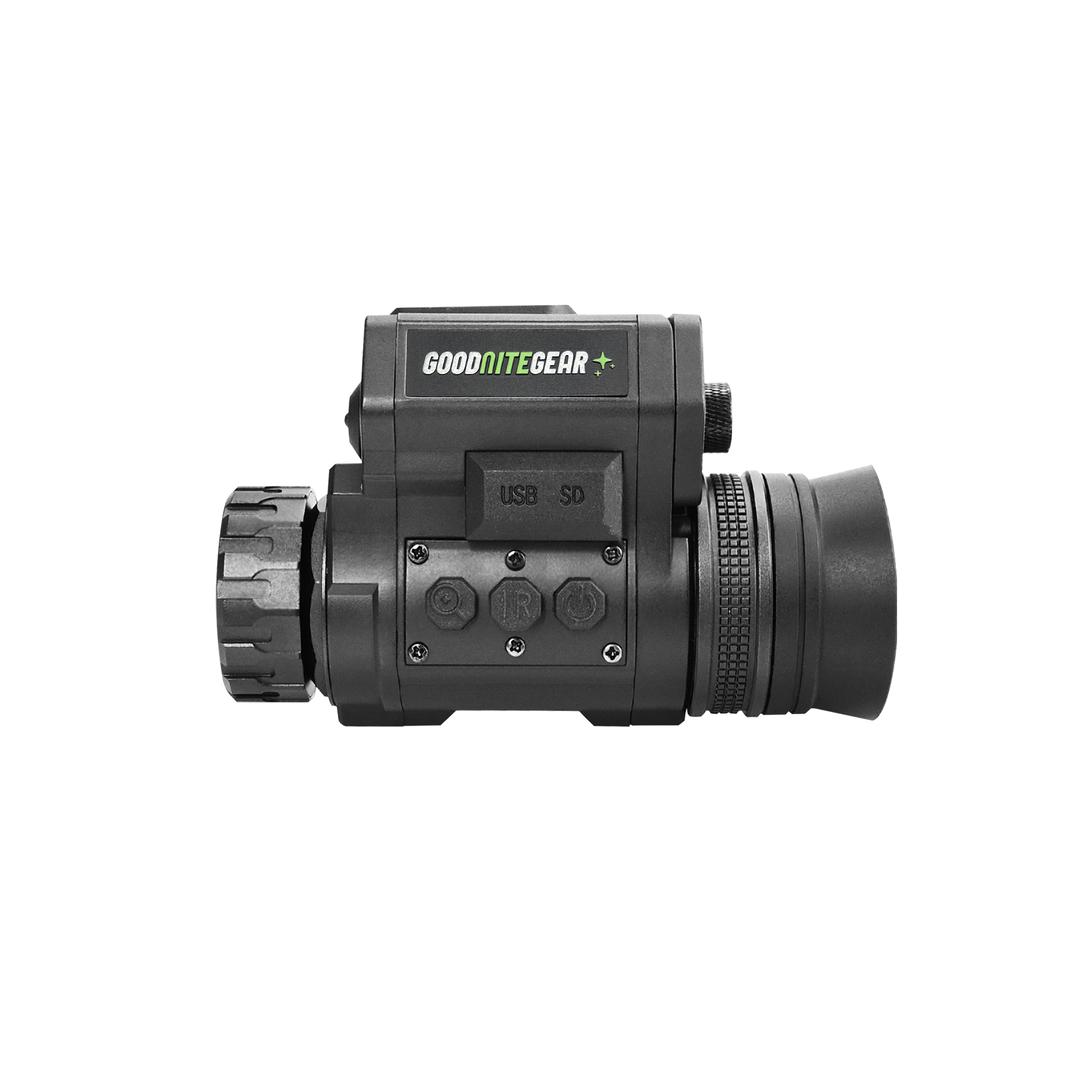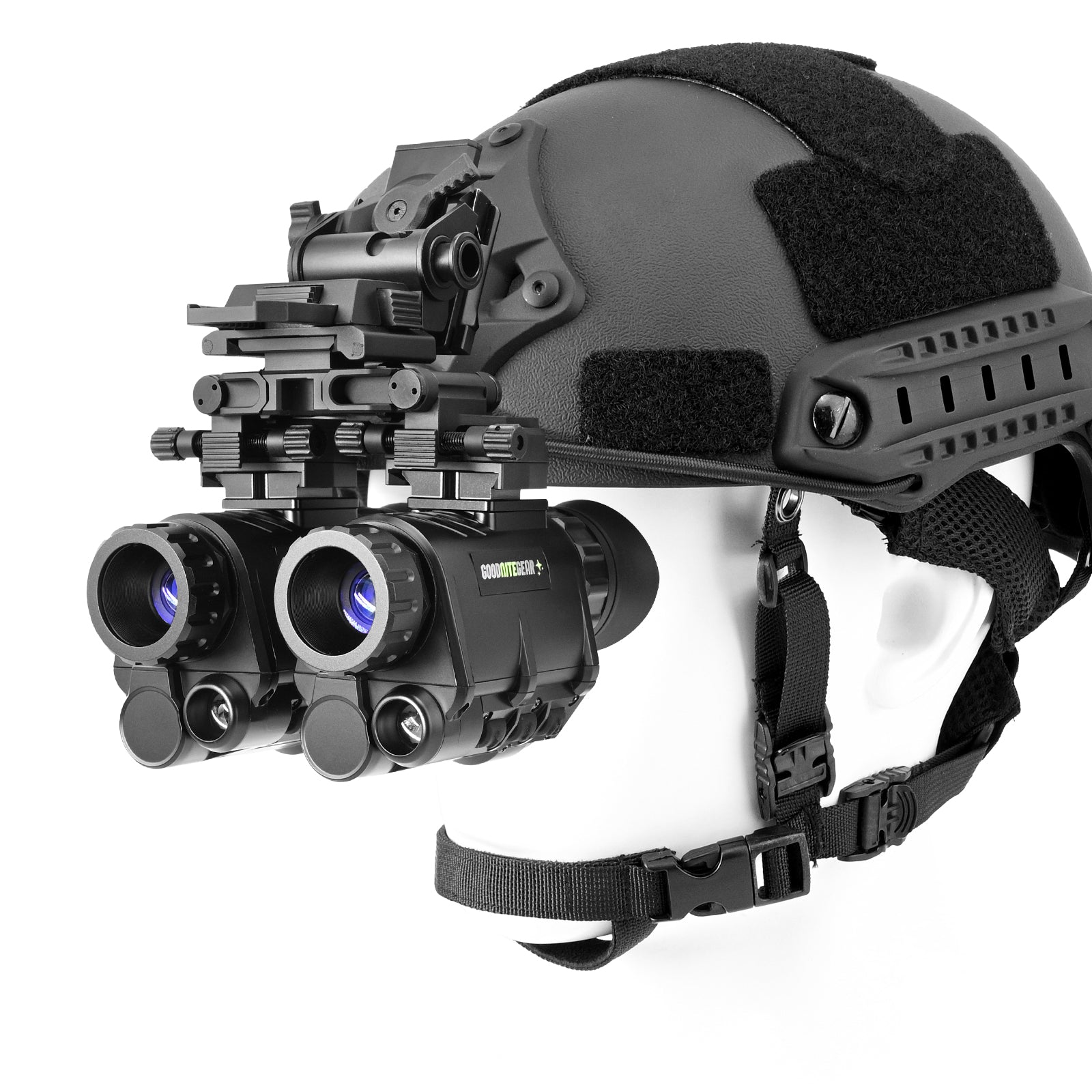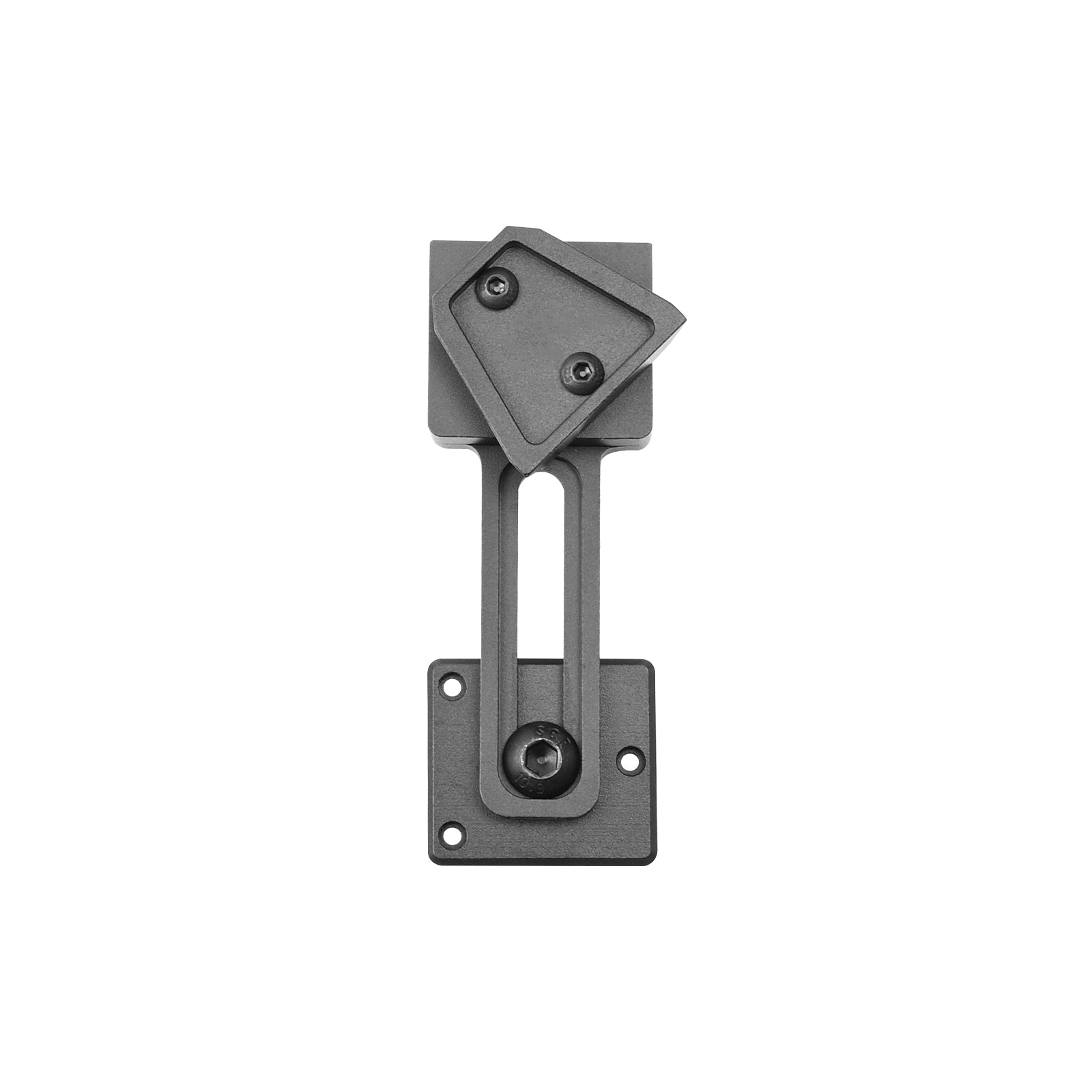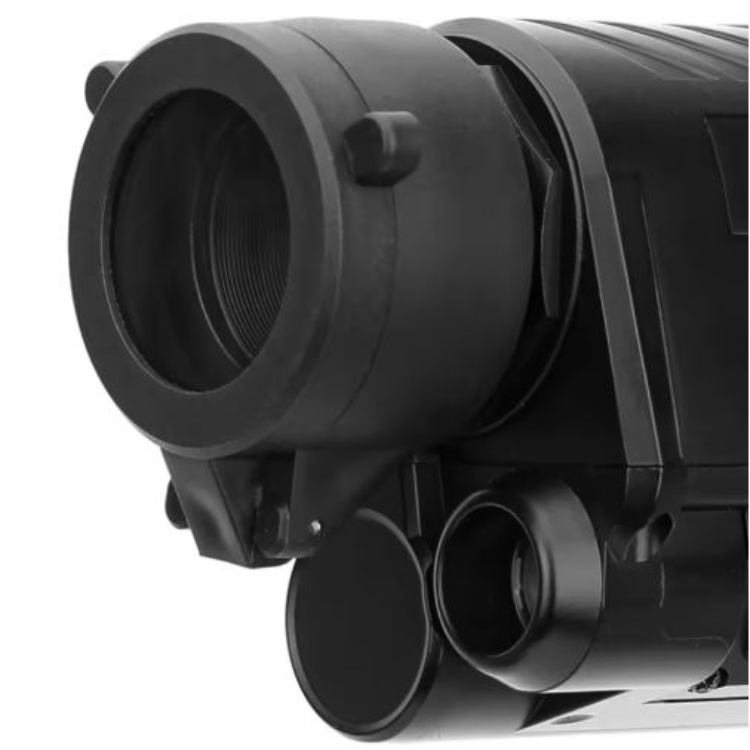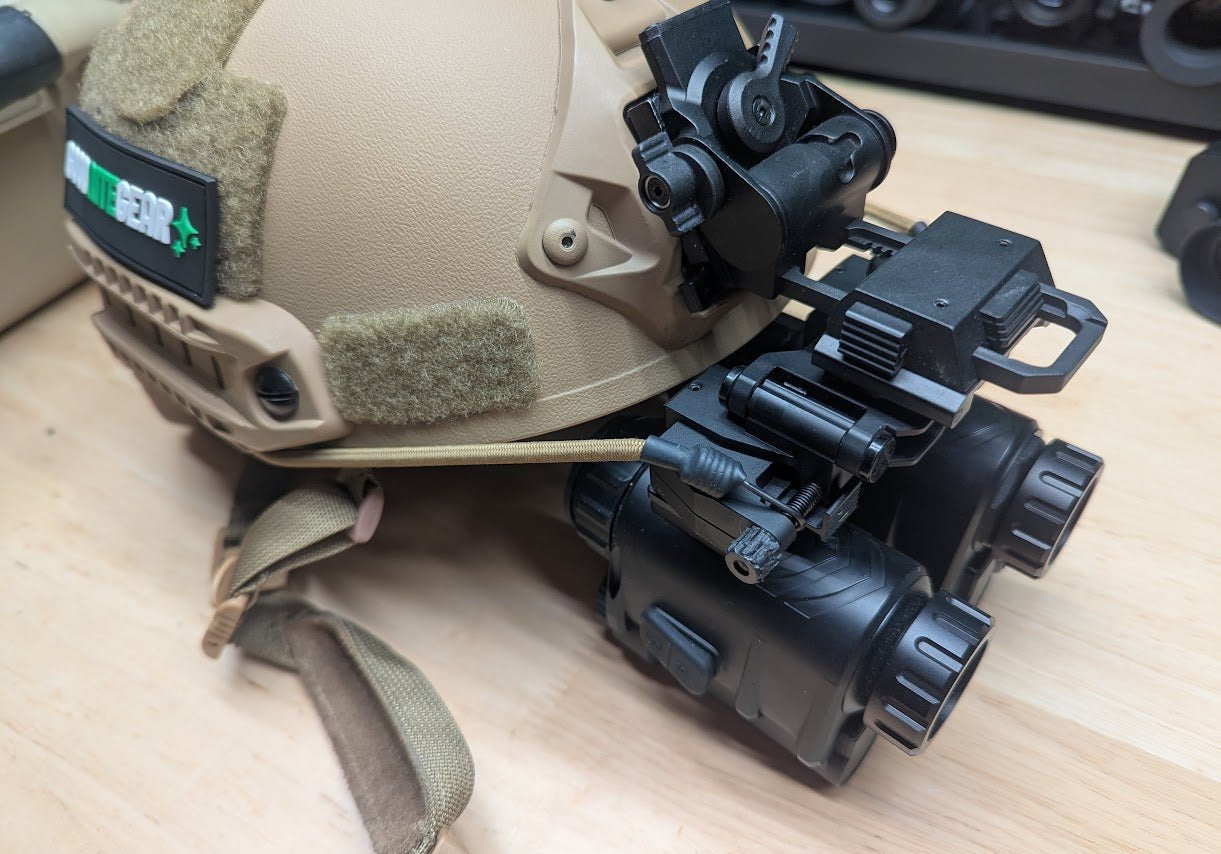Considering your surveillance goals, you may ask, 'Is IR better than night vision?'.
Both infrared (IR) and night vision improve sight in low light. However, they function differently and are distinctly appropriate for various settings. Therefore, understanding how they operate makes choosing the best technology for your requirements easier.
Fundamentals of Infrared vs. Night Vision
What is Infrared?
IR detects heat. Not light. It depends on the heat radiation that objects release. IR cameras rely on sensors like microbolometers to detect and transform this thermal energy into pictures.
IR is perfect for total darkness or smoky/foggy places because these images usually look grayscale or false color and do not depend on visible light.
Buy NVG50 Digital Night Vision Binocular.
What is Night Vision?
Night vision improves visibility in the dark by intensifying ambient light, notably some IR light. Night vision goggles (NVGs) and cameras use image intensifier tubes or sensors to transform dim light into an observable image.
This final effect is a brighter, fresh image similar to what an individual's eye would observe.
Is IR Better Than Night Vision?
Both IR and night vision offer their individualized advantages. By comparing them, you can better decide on 'Is IR better than night vision?'.
|
Feature |
Infrared |
Night Vision |
|
Source of image |
Detects emitted heat (thermal radiation) |
Amplifies available visible/IR light |
|
Working principle |
Heat is measured and visualized |
Light is intensified and displayed |
|
Image quality |
Grayscale/false color; affected by weather |
High resolution with natural tones |
|
Technology |
Uses thermal sensors like microbolometers |
Uses image intensifiers or CMOS sensors |
|
Types |
Thermal imaging and active IR systems |
Gen 1-4 night vision devices |
|
Ideal use |
Heat detection in total darkness |
Clear object recognition in low light |
Buy NVG40 Pro Digital Night Vision Monocular.
Color Night Vision vs. Infrared: Which is Better?
Color night vision is excellent for producing natural motion pictures, which helps with object and face identification. However, in complete darkness, infrared performs better, detecting heat signals that color night vision can miss. Both methods are now frequently included in high-end security systems for full coverage.
Get the best night vision goggles for the money!
The Bottom Line
So, is IR better than night vision? Your surveillance objectives will answer this question!
Night vision, particularly color night vision, is more helpful if recognizing people or objects in moderately low-light conditions is the top goal. However, infrared is better if detecting presence through obstructions or in total darkness is crucial. Many systems nowadays combine the two to provide the most excellent security possible.
Shop the best night vision and surveillance equipment at Good Nite Gear Shop!

